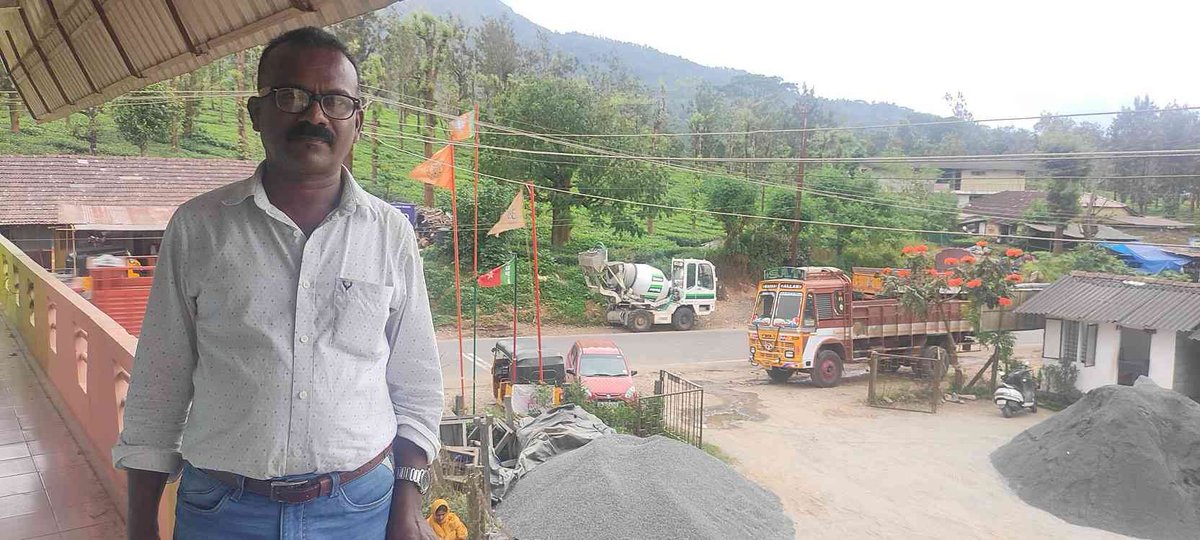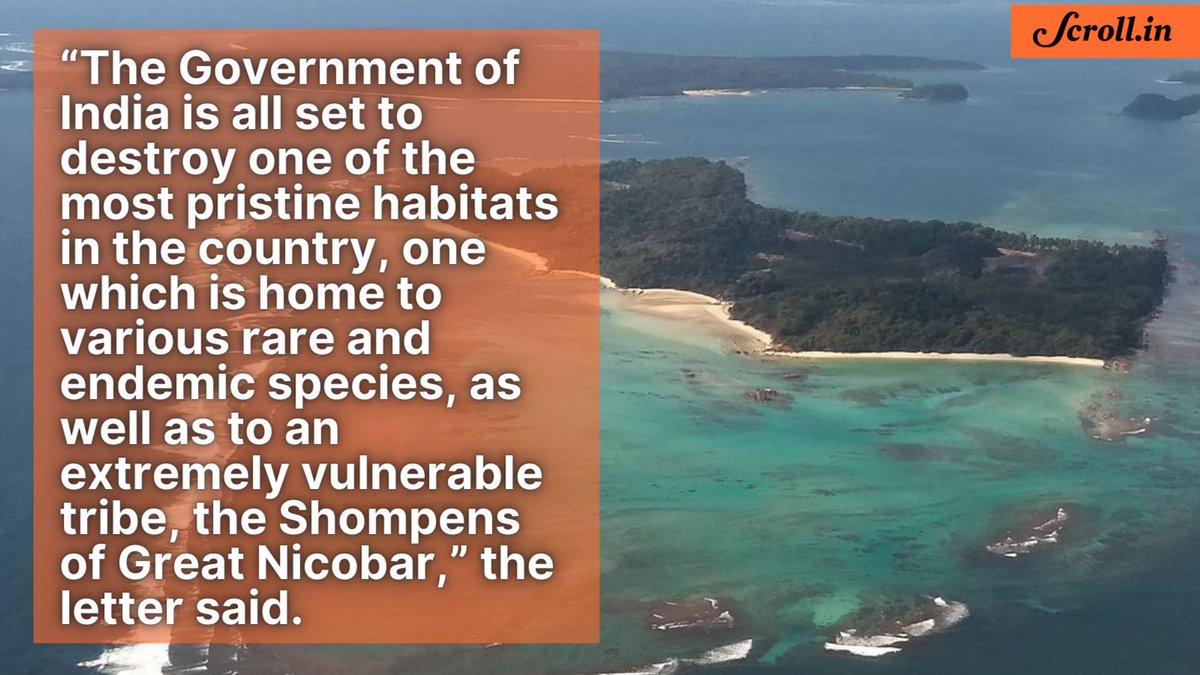THREAD: #CommonGround: When Tamil Indians were repatriated from Sri Lanka, many chose to settle in the hilly region of Gudalur in Tamil Nadu’s Nilgiris district. Many bought land, and took up work on estates. scroll.in/article/1036907 

Decades ago, lakhs of Tamils, mostly Dalits, taken to Sri Lanka during British rule, to work in the quickly expanding tea estates on the island.
After Independence, the Sri Lankan government refused to grant citizenship to the “upcountry Tamils”, as they were called.
After Independence, the Sri Lankan government refused to grant citizenship to the “upcountry Tamils”, as they were called.
On the other hand, the Indian government argued that since the Tamils had lived in Sri Lanka for over 100 years, they belonged to the island country. scroll.in/article/1036907
Eventually, after years of negotiations against a backdrop of violence between the Sinhala majority and the Tamil minority, the two countries agreed that some Tamils would stay, while some would be repatriated to India. scroll.in/article/1036907
Since the 1960s, lakhs have returned, hoping for a secure future in India. Instead, their lives and livelihoods are threatened by a convoluted 1969 land law. scroll.in/article/1036907
Read this week's #CommonGround report by @Johanna_Deeksha
Read this week's #CommonGround report by @Johanna_Deeksha
This story is part of #CommonGround, our in-depth and investigative reporting project.
Read this week's report by @Johanna_Deeksha: scroll.in/article/103690…
Follow us here to get a fresh story in your inbox: commonground.stck.me
Support us: scroll.in/contribute
Read this week's report by @Johanna_Deeksha: scroll.in/article/103690…
Follow us here to get a fresh story in your inbox: commonground.stck.me
Support us: scroll.in/contribute

In this week's #CommonGround, @Johanna_Deeksha reports on the precarious existence of those who returned from Sri Lanka, hoping for a more secure life in India.
Read: scroll.in/article/103690…
Read: scroll.in/article/103690…

#CommonGround | MS Selvaraj, state head of a farmers and workers organisation, said that large estates in Gudalur had profited from disputed lands over the years, while smaller owners, including Tamil repatriates, live in fear of eviction. scroll.in/article/103690… 

#CommonGround | According to a 2002 fact-finding report by the People’s Union for Civil Liberties, the Tamil repatriates, who were “unfamiliar with the law, were often duped on their arrival into buying small plots of land and were given fake documents”. scroll.in/article/103690… 

“Why did they allow us to build our whole lives here, and why are they are now calling our land illegal?”
Residents of Section 17 lands have found it difficult to procure basic necessities, such as electricity. scroll.in/article/103690…
Residents of Section 17 lands have found it difficult to procure basic necessities, such as electricity. scroll.in/article/103690…

Selvaraj said a majority of those who were repatriated would have preferred to remain in Sri Lanka.
“It has been 52 years since the pact, many of those people are now in their late sixties. Where will they go now?” scroll.in/article/103690…
“It has been 52 years since the pact, many of those people are now in their late sixties. Where will they go now?” scroll.in/article/103690…
#CommonGround: Activists argue that the government-owned TANTEA, set up to rehabiliate Tamils, had profited off the labour of repatriates for years, but had failed to support them when their homes and livelihoods came under threat.
scroll.in/article/103690…
By @Johanna_Deeksha
scroll.in/article/103690…
By @Johanna_Deeksha

• • •
Missing some Tweet in this thread? You can try to
force a refresh








